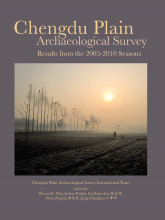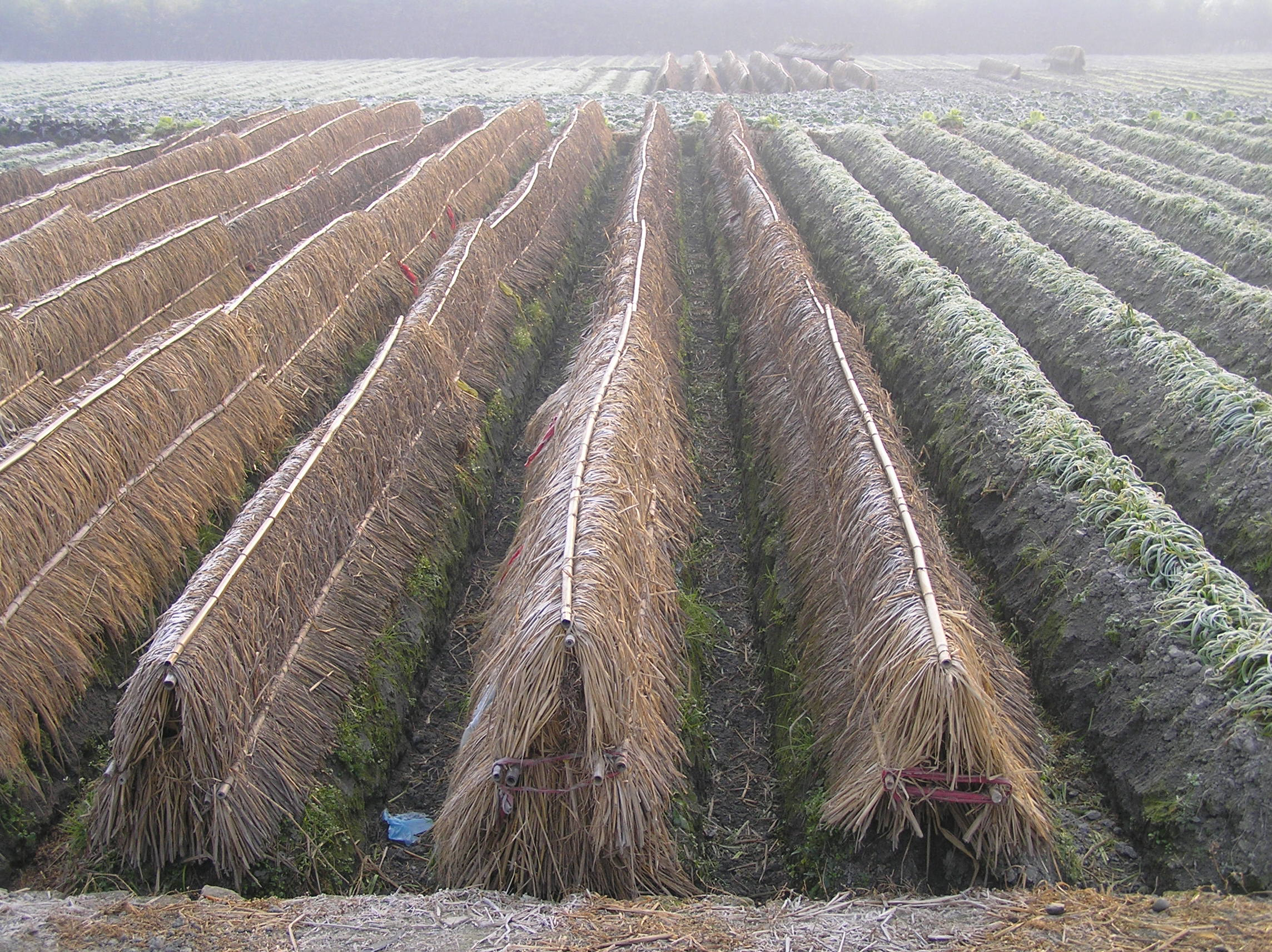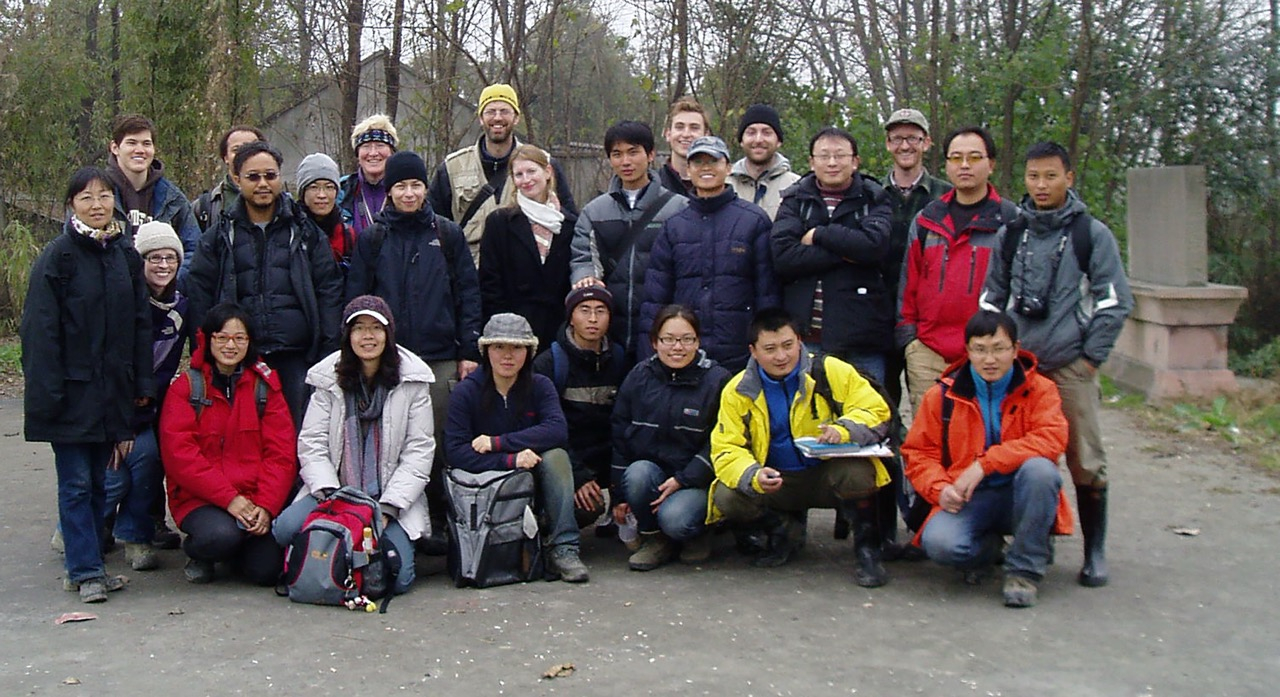Chengdu Plain Archaeological Survey: Results from 2005–2010

Forthcoming
Series: Monumenta Archaeologica 52ISBN: 978-1-950446-53-7
Publication Date: Feb 2026
Return to catalog
Edited by Rowan Flad, Joshua Wright, Kuei-chen Lin, Jiang Zhanghua, and Li Shuicheng
The Chengdu Plain Archaeological Survey (CPAS), was an international collaborative archaeological project that took place over the course of five field seasons starting in 2005 under the direction of Rowan Flad (Harvard), Pochan Chen (National Taiwan University), Gwen Bennett (Washington University, St. Louis / McGill), Jiang Zhanghua (Chengdu City Institute of Archaeology) and Li Shuicheng (Peking University). The survey involved a multi-faced archaeological investigation of site locations and landscape use in an area of approximately 350 km2 surrounding two Neolithic walled sites (ca. 2600–1700 BCE): Pi Xian Gucheng (30˚ 54’ 15” N, 103˚ 55’ 25” E) and Yufucun (30˚ 45’ 15” N, 103˚ 50’ 05” E).
Using a combination of surface collection, systematic coring, geophysics and test pits, team members conducted five seasons of investigations and collected thousands of data points useful for synthesizing changing land use contemporaneous with the cultural changes that occurred in the region from the Neolithic, through the subsequent Bronze Age and into the period of the Qin and Han Empires. Settlement patterns attest to a diachronic process that eventually gave rise to the Sanxingdui polity in the second millennium BCE, and subsequent Bronze Age cultures that occupied the region at the time of Qin conquest in 316 BCE. This report brings together the data from this survey and synthetic discussions of the prehistory and environment of the region. The database provides the first comprehensive, systematic, large-scale regional survey of archaeological material in the Sichuan Basin of China.

Chengdu Plain agricultural fields with crop-cover made of straw during the CPAS survey. Locally called “pressing straw” (yaqing 压青), “covering straw” (fucao 覆草) or a straw haystack (cao duozi 草垛子) for growing chives, January 2006. Photo by Gwen Bennett.

2008–2009 CPAS project team in December 2008.


